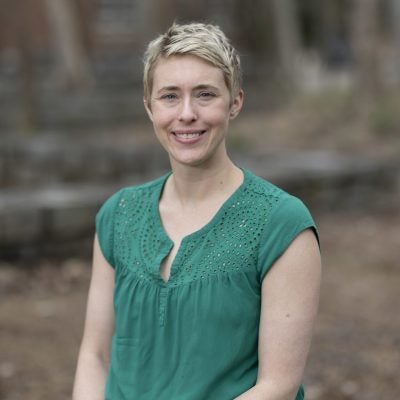10-11 a.m., May 14 | Young Research Library Conference Room 11360
This interactive seminar will consider this question: What teaching expertise do faculty need and how do they cultivate it? Though most systems in higher education are built on the underlying assumption that disciplinary expertise is sufficient for effective teaching, considerable evidence refutes this assumption. As faculty take up the call to use active learning and other evidence-based strategies, what teaching expertise supports their success? This seminar will share findings from a suite of studies about the specialized teaching knowledge that college faculty rely on as they design and implement active-learning instruction in large classes. It will also share insights from a longitudinal study of teaching expertise development among early-career faculty. Faculty built some types of specialized teaching knowledge by seeking and valuing evidence of their students’ thinking. Other knowledge, such as knowledge of how people learn, proved harder to develop, even for instructors highly involved in teaching professional development. The seminar will include time to consider implications of these findings for faculty, departments, and institutions.
Bio: Tessa Andrews, PhD, is a Josiah Meigs Distinguished Teaching Professor of Genetics and the Director of the Scientists Engaged in Education Research (SEER) center at the University of Georgia. She earned a PhD in Biological Sciences at Montana State University, with a focus on conservation genetics and education research. Her research group investigates questions aimed at increasing the use of evidence-based teaching in undergraduate STEM education, including questions about faculty thinking, faculty practices, and departmental culture and practices. Dr. Andrews’ work has been funded by multiple grants, including an NSF CAREER award. She is a Monitoring Editor for CBE-Life Sciences Education and a Working Group Leader for the Accelerating Systemic Change Network.
